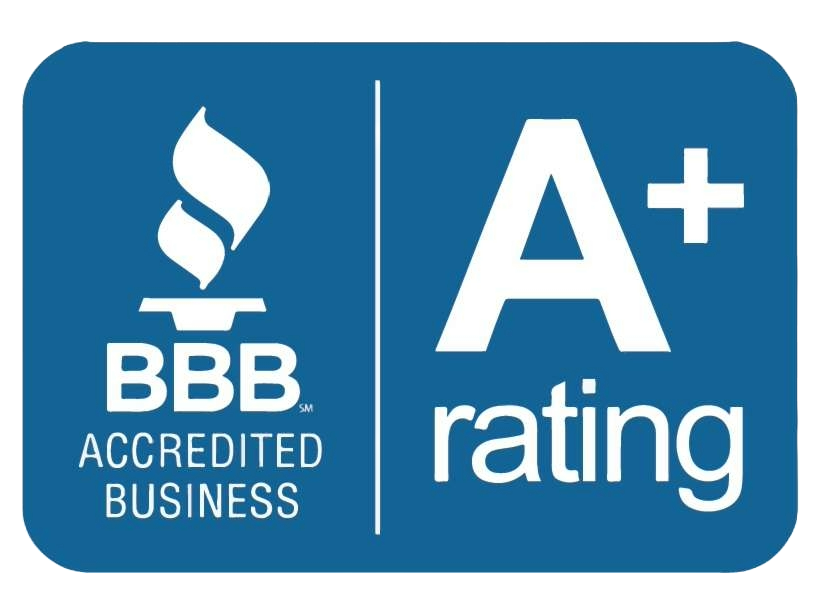When pricing an inherited property, many people base the asking price on what they think the market might bear, but determining the right price involves more than just speculation. One of the most significant factors to consider is how quickly you need to sell. If time is not a constraint, pricing higher might work, especially in a strong market. However, selling through a traditional agent and listing the property “on the market” can often take several months. During this time, you’ll be responsible for maintenance, utilities, insurance, and potentially taxes, all of which can quickly add up. These ongoing expenses can reduce the overall net profit, and in many cases, the longer the house stays on the market, the more it costs you in carrying expenses and the higher the risk of needing to make repairs or price reductions.
For many homeowners, especially those who inherited property, it can be a wiser choice to price the house slightly lower for a faster sale. While they might receive less for the house upfront, this strategy saves them from the financial burden of carrying costs, repairs, and the stress of a prolonged sale. The faster the home sells, the less time you spend paying for things like lawn care, utilities, and property taxes. Additionally, when a home sits on the market for too long, potential buyers may start to question why the property hasn’t sold, which can further reduce its perceived value. Therefore, pricing a property competitively and strategically can actually result in a faster, more profitable sale, even with a lower asking price.
Ultimately, the decision to price higher or lower is a balancing act between potential profit and time investment. If you need to sell quickly to avoid ongoing costs or emotional stress, pricing slightly lower can help you sell sooner and minimize your overall expenses. This way, you’re not just considering the sale price but the full picture of what you’ll save by reducing the time and money spent maintaining an unsold property. In the end, the trade-off may be more beneficial than waiting for a higher price that may never come. Whether you decide to list the home through an agent or explore a direct sale to a professional buyer, understanding the true cost of ownership and weighing the benefits of a quicker sale versus a longer wait can help guide your decision.
Tip #2: Avoid Pricing Based On Fond Memories Or Emotion
One of the most common struggles property owners face when pricing an inherited property is detaching emotional value from the house’s actual market value. If the home holds cherished memories of family gatherings, holidays, or personal milestones, it can be difficult to view it purely as an asset. The sentimental attachment can cloud judgment, causing the homeowner to price the property higher than the current market conditions justify. This is particularly true when the house is seen as not just a building, but a symbol of years of memories and experiences. The result is that many sellers may overestimate the price, simply because they’re emotionally tied to the property.
To navigate this challenge, it’s crucial to take a more objective approach by working with a reputable real estate company. These professionals have the experience and tools to assess the property’s true market value based on comparable sales, the current condition of the house, and the area’s overall real estate trends. While it might be difficult to accept, the price offered may be lower than expected, not because the property isn’t valuable, but because the emotional connection can unintentionally inflate the price. Understanding this distinction and getting an objective appraisal can help homeowners set a fair price, ensuring they sell the property quickly and for a fair market value, without letting sentiment interfere with the financial reality of the sale.


